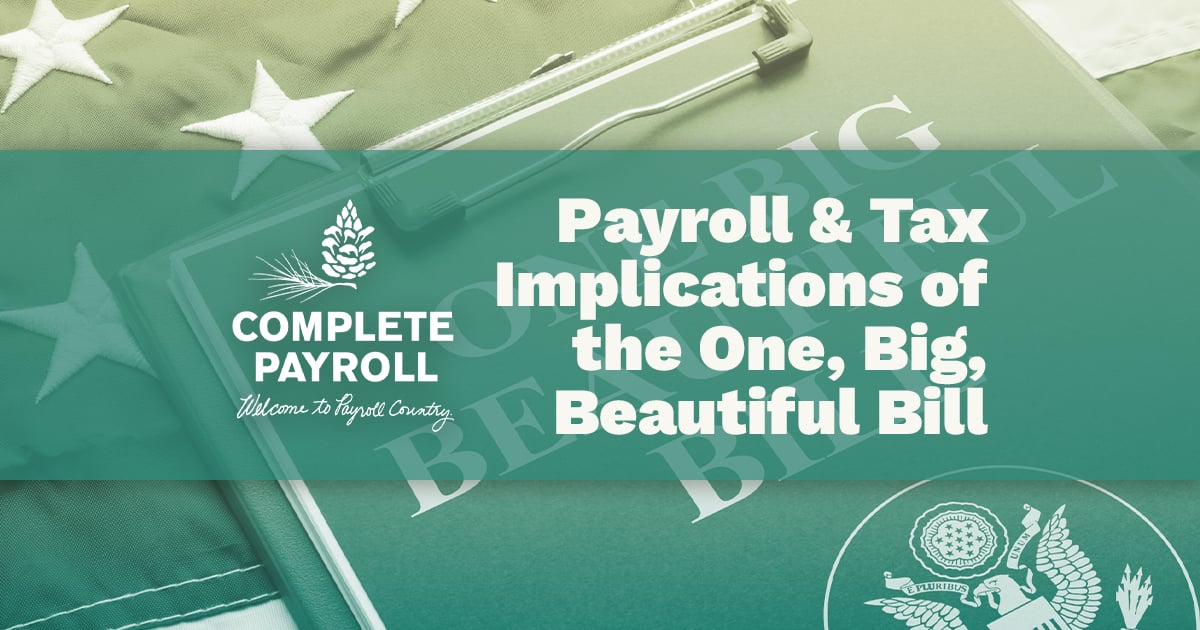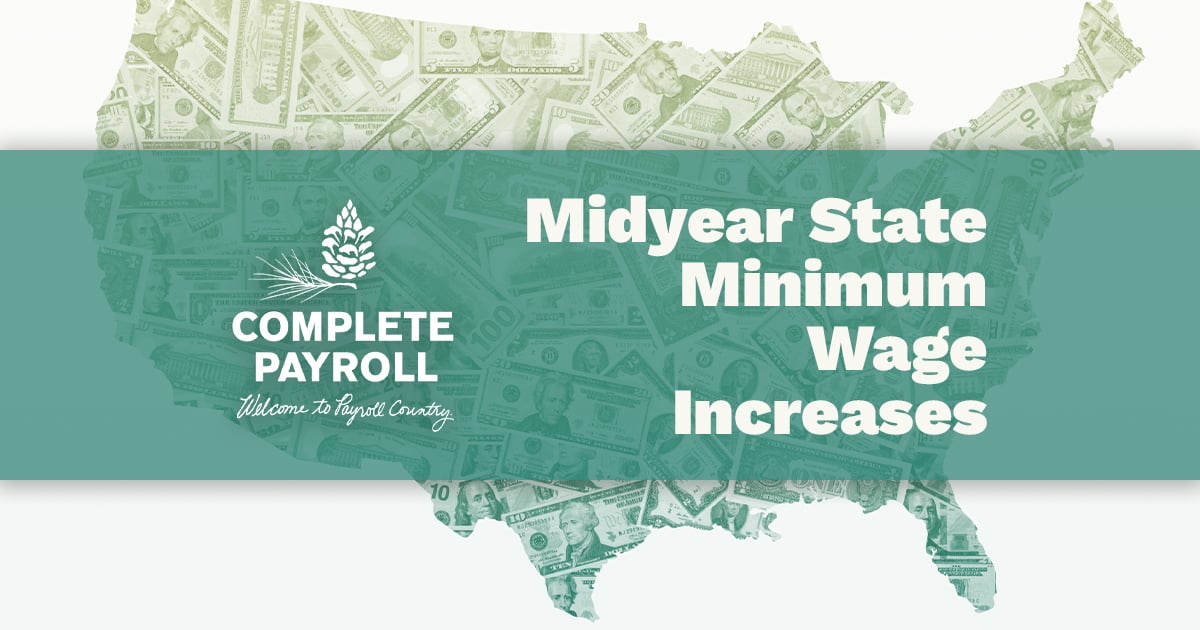The Biden administration’s updated rule on classifying workers is being challenged in court by several U.S. trade groups.
The new rule, which took effect on March 11th, broadens the definition of who qualifies as an employee, making it harder for employers to treat someone as an independent contractor or freelance worker.
The groups behind the suit, including the U.S. Chamber of Commerce, claim the new rule will negatively affect their business, finances, and processes. And a complaint filed by the US Chamber of Commerce alleges that the US Department of Labor is violating the federal wage law by adopting an overly broad definition of who counts as a company's employee.
What Biden’s New Gig Rule Entails
This new rule for gig workers could threaten the jobs of millions of independent contractors, despite the intention of this rule being to provide more security and fair pay to gig workers. Currently, businesses are not obligated to pay independent contractors and gig workers any benefits, insurance, or paid time off. And currently, there isn’t a lot of regulation for gig workers, and employers are paying them minimum wage or overtime.
Since this rule broadens the description of what a regular employee is, it forces many independent contractors to now fall under the classification of a “regular employee." Workers who are "economically dependent" on a company will now be treated as employees, not contractors.
But not all contractors or businesses are excited about this new rule. For contractors, it could cost them their flexibility in being able to make their own hours and their own living. For businesses, it will cost them a significant amount more to hire contractors as their employees.
Regular employees cost employers on average 30% more money than an independent contractor. These costs come from insurance, paid time off, and benefits. This will affect and change the structure that many companies are currently using and may result in layoffs to be able to afford “employees” over freelance gig workers.
The Lawsuit's Argument
Major business groups are filing lawsuits over this new Biden gig work rule on the grounds that by broadening this definition of who counts as an employee vs. contractor, the US Department of Labor is violating the federal wage law. Business groups such as the US Chamber of Commerce are involved in this lawsuit, as they believe it is going to do more harm than good for both gig workers and employers.
In addition to the US Chamber of Commerce lawsuit, there are several other businesses challenging this new rule. Freelancers, home health aides, janitors, truckers, rideshare drivers, or food delivery app workers are examples of independent gig workers.
The Department of Labor issued a statement on the Biden gig work rule, stating that this approach will “help address the misclassification of workers as independent contractors, ensuring they receive the benefits and protections they deserve.”.
However, in the lawsuit, the Labor Department is accused of violating federal law governing rulemaking by failing to justify its reversal of a Trump administration rule favored by trade groups. These groups believe that businesses should have more freedom and flexibility in who they classify as employees.
Implications for Industries
So what does the Biden gig-work rule mean for certain industries? Obviously, there are industries that greatly utilize gig workers. This new rule may mean that these gig workers will now have to be classified as employees, and employers will have to pay them more money along with certain benefits.
This is obviously going to significantly increase certain labor costs for these businesses and could potentially lead to layoffs as a result of the need to reduce the number of employees to combat these new costs.
This rule is going to affect many companies, including Doordash, Uber, Uber Eats, and other rideshare and meal delivery services, and could potentially lead to layoffs for these drivers, which could mean fewer gig drivers and gig opportunities for your community.
Legal Precedents of the Biden Gig Rule
Before the Biden administration's gig work rule, there were several other instances of rules and legal battles over worker classification, particularly in the gig economy.
One example is the legal battle with Uber and Lyft. These ride-sharing companies have already faced classification challenges. As far as worker rights, benefits, and gig economy models are concerned, there was a case previously involving drivers being classified as independent contractors rather than employees.
Another example is the case of Dynamex Operations West, Inc. vs. Superior Court. This California Supreme Court case also arose from Dynamex Operations treating employees as independent contractors when they should have been classified as employees. This case resulted in certain guidelines being created for determining whether a worker should be classified as an employee or an independent contractor.
There have been a number of cases around employee classification that have sparked debates and conversations throughout the years. The complex legal classifications, rules, and cases pertaining to worker classifications are not a new topic; however, they are ever-changing and evolving.
Future Outlook for Gig Workers
There are millions and millions of “gig workers” in the US economy. With this new classification of regular employees, the future flexibility and freedom of independent contractors could be restricted. Since this rule entails that if a contractor is “economically dependent” on a company, they will have to be considered an employee, many could be out of work if companies can’t afford the extra cost of hiring them as a “regular employee.”.
However, it’s not over yet. The current US Chamber of Commerce suit and lawsuits by Uber and DoorDash, as well as a number of other businesses and freelancers, may still be able to reverse this Biden administration rule. If these parties get this new standard overturned, independent contractors could still enjoy the freedom and flexibility of building their own hours and livelihood.
Businesses Should Stay Informed of This New Gig Rule
In spite of the Biden administration's desire to provide independent contractors with security, this new rule could actually do the opposite and jeopardize millions of gig workers' incomes and livelihoods, who are currently able to work with anyone and make their own hours and living.
By making it very broad for who is considered an employee, many businesses and parties believe that the new Biden gig rule violates the federal wage law, and that’s why several businesses and groups are seeking to overturn this new rule by suing the US Department of Labor.
Since lawsuits and major groups are currently challenging this new rule, businesses and HR professionals should still stay up to date with this latest gig worker rule and ensure they are legally compliant. Keep your business informed of these new and changing labor laws and carefully review them to see if you need to adjust your payroll and workforce management. Subscribe to Complete Payroll's newsletter for the latest updates and expert insights!

















 Get Instant Blog Notifications
Get Instant Blog Notifications


